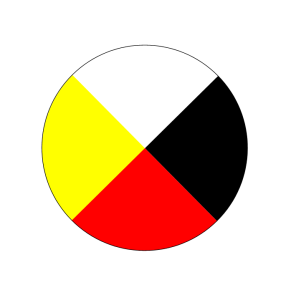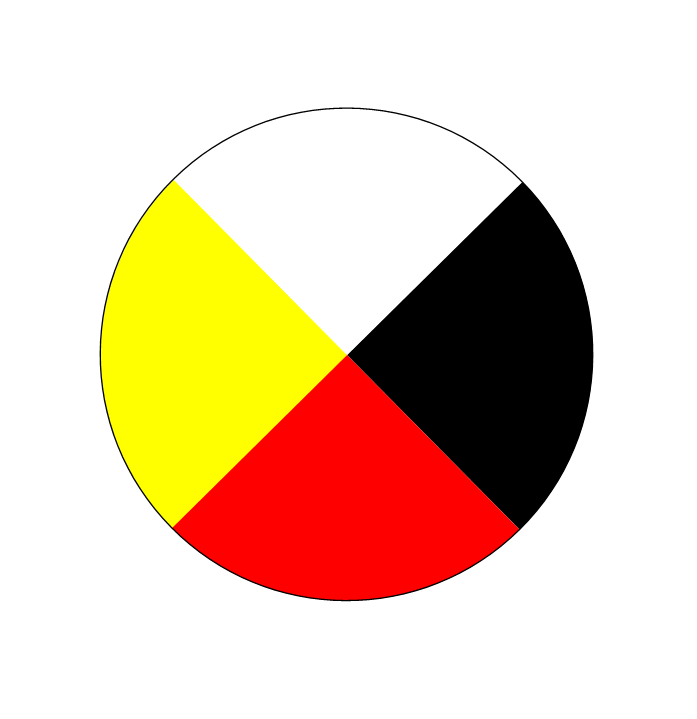 The Ontario Association of Children’s Aid Societies (OACAS), on behalf of its 44 member Children’s Aid Societies (CASs), welcomes the Canadian Human Rights Tribunal’s ruling that the federal government has discriminated against First Nations children on reserves by failing to provide the same level of child welfare services that exist elsewhere in Canada. The human rights complaint was originally filed in 2007 by Cindy Blackstock of the First Nations Child and Family Caring Society of Canada and the Assembly of First Nations.
The Ontario Association of Children’s Aid Societies (OACAS), on behalf of its 44 member Children’s Aid Societies (CASs), welcomes the Canadian Human Rights Tribunal’s ruling that the federal government has discriminated against First Nations children on reserves by failing to provide the same level of child welfare services that exist elsewhere in Canada. The human rights complaint was originally filed in 2007 by Cindy Blackstock of the First Nations Child and Family Caring Society of Canada and the Assembly of First Nations.
“As the association that represents Children’s Aid Societies across the province, including six Indigenous agencies, we see the impact of underfunding child welfare services on First Nations children and families daily,” says Mary Ballantyne, Chief Executive Officer of OACAS. “This lack of services has undoubtedly led to children being separated from their families.”
Lack of on-reserve child welfare services means more First Nations children end up in care
Today, over 21% of children in care in Ontario are Indigenous (First Nations, Métis, or Inuit), even though they represent just 3% of the population. The majority of these Indigenous children come into care because their caregivers are struggling with mental health issues, addictions, and poverty, all of which are a legacy of government discrimination, social and economic inequity, and cultural genocide. Making culturally appropriate support available in a timely fashion to First Nations children and their families on reserve would reduce the number of children coming into care. In this way, child welfare can play the supportive role it is meant to, enhancing a family’s strengths and ability to keep children safe.
“The statistics speak to the inequities Indigenous children experience in virtually every facet of their lives,” says Karen Hill, Indigenous child welfare expert at OACAS. “This ruling will hopefully see increased resources and supports available to Indigenous children so they are able to participate in an equal way with other children in Canada.”
On-reserve child welfare services would allow more families to stay together
A struggling family living on reserve needs child welfare services that honour the bond between child, caregivers, community, and nation. Ontario’s model of child welfare is unique in that it focuses on strengthening families and connecting them to community services when needed. This model allows families to stay together as the caregiver heals. When services are delivered in this way, the data are far more encouraging: in 97% of investigations by Children’s Aid Societies in Ontario, children remain in their homes. The same positive outcome can be achieved for First Nations children and families on reserve only if child welfare services such as culturally appropriate prevention strategies are made available when and where they’re needed.
3 steps to equitable child welfare services on reserve
As OACAS continues to support the full restoration of jurisdiction to Indigenous communities, meaning that each First Nations community has the legislative authority to make child protection decisions for their children, the government can help to immediately begin addressing the inequities on reserve by supporting Indigenous child welfare agencies to
- Provide the culturally appropriate services their communities need and are entitled to under the Child, Youth and Family Services Act
- Provide treatment and specialized care that is culturally appropriate and accessible, especially in Northern agencies
- Support reconciliation between Indigenous communities and the child welfare sector
Click here to read more about child welfare’s journey of reconciliation with Indigenous communities.
Learn more about the Canadian Human Rights Tribunal’s ruling and related issues by visiting the following resource pages created by First Nations Child & Family Caring Society of Canada:
